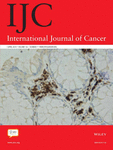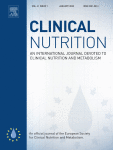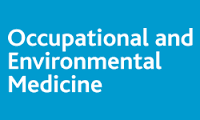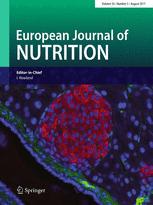Ongoing CPR with an onboard physician
Introduction Recent data are not available on ongoing CPR for emergency services with an onboard physician. The aim of the present study was to identify factors associated with the decision to transport patients to hospital with ongoing CPR and examine their survival to hospital discharge with good neurological status. Methods An observational study based on…












